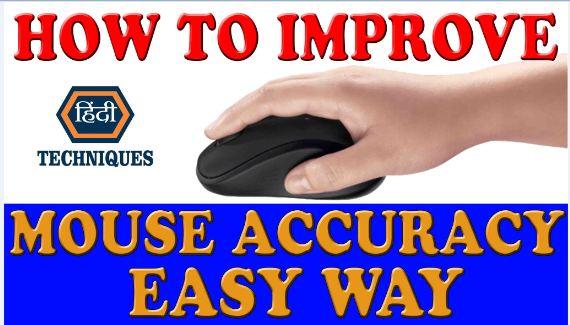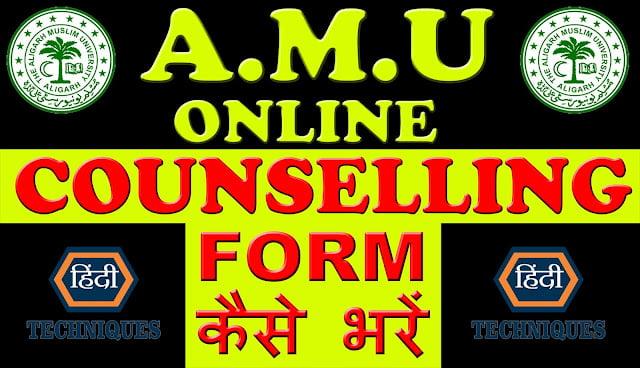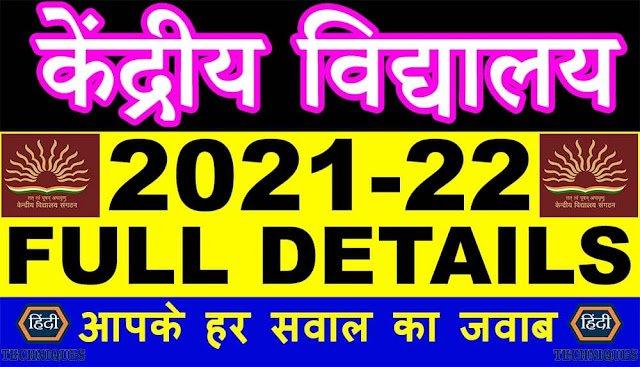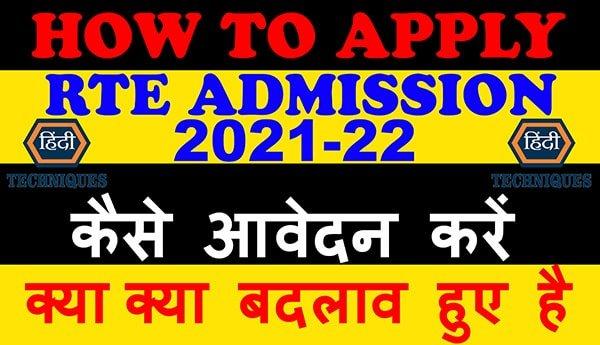Last updated on November 4th, 2023 at 11:45 pm
In India, pursuing a career in medicine has always been regarded as prestigious, with MBBS being the most sought-after degree. However, not everyone can secure a seat in MBBS due to financial constraints or limited availability of seats through the NEET. Fortunately, there are alternative pathways to becoming a doctor in India. In this article, we’ll explore how to become a doctor without MBBS in India and discuss various non-MBBS medical career options.
How to become a doctor without MBBS in India?
Rest all this depends on the student, what he wants to do, and what he is capable of doing. We give guidance to students on our blog Hindi Techniques but what they do next depends on them. In our previous article, we told you how to study fast without forgetting for exam in 2023 24. Similarly, in this article, we will tell you how to become a doctor without MBBS in India. So let’s start the article.
Before starting the article, let us tell you that it is quite easy to become a doctor without MBBS. But there may be no doctor before your name. Because all the programs other than MBBS are either for Narsingh or are minor paramedical courses and certificates. So today we will discuss in detail about becoming a doctor without MBBS and answer all the questions related to it. Some of those questions are given below.
Related Questions.
- Why MBBS is better than other doctoral programs?
- Is MBBS possible without NEET?
- Is there any medical college without NEET?
- NON-MBBS medical professions in India.
- Diploma and Certificate Courses in Medical Fields.
- How to become a doctor without MBBS in India?
- Steps to Pursue a Non-MBBS Medical Career.
- Which course is best for doctors other than MBBS?
- Which course is equal to MBBS without NEET?
- BUMS is the best option to become a doctor without MBBS.
Why MBBS is Better Than Other Doctoral Programs?
MBBS is often considered advantageous compared to other doctoral programs for several reasons:
- Global Recognition: An MBBS degree is universally recognized, allowing medical professionals to practice in many countries without additional exams or certifications.
- Duration: MBBS typically takes five to six years, shorter than many other doctoral programs, allowing students to start their medical careers sooner.
- Clinical Exposure: MBBS programs offer extensive hands-on training, enabling students to gain practical experience in healthcare settings early on.
- Diverse Specializations: After MBBS, doctors can choose from various specializations, aligning their careers with their interests and goals.
- Job Opportunities: MBBS graduates have diverse job opportunities, including clinical practice, research, healthcare administration, and public health.
- Impactful Work: Healthcare professionals, including MBBS graduates, directly impact lives by diagnosing, treating, and preventing diseases.
- Financial Reward: Although medical education can be costly, healthcare careers, including doctors, often offer competitive salaries and job security.
- Fulfillment: The medical profession is fulfilling, allowing individuals to help others, contribute to their communities, and stay current with healthcare advancements.
- Prestige and Respect: Doctors are respected for their vital work and the trust they inspire in society.

Is MBBS Possible Without NEET?
As of September 2023, the National Eligibility cum Entrance Test (NEET) was the primary entrance examination for MBBS admissions in India. NEET is mandatory for most medical colleges in India, and candidates are required to appear for this exam to be eligible for MBBS programs.
Please note that admission policies and requirements can change over time, so it’s essential to stay updated with the latest information from the Medical Council of India (MCI) or the relevant authorities regarding MBBS admissions.
Is There Any Medical College Without NEET?
Yes, there are many Medical Colleges Without NEET. But NEET is the standard admission process for MBBS programs in India, There are alternative medical courses and programs available that do not require NEET. These programs may lead to non-MBBS medical careers, such as careers in paramedicine, nursing, medical laboratory technology, radiography, and more.
These alternative medical courses often focus on specific areas of healthcare and medical sciences and may have different admission criteria and eligibility requirements compared to MBBS programs. Individuals interested in pursuing a medical career but who do not wish to or cannot take the NEET exam should explore these alternative options and the admission criteria associated with them.
Non-MBBS Medical Professions in India.
Several non-MBBS medical professions in India allow individuals to serve in the healthcare industry. Some of these professions include:
- Nursing
- Paramedical Sciences
- Homeopathy (BHMS)
- Ayurveda (BAMS)
- Dentistry (BDS)
- Unani Medicine (BUMS)
- Physiotherapy
- Occupational Therapy
Diploma and Certificate Courses in Medical Fields.
there are various diploma and certificate courses available in the field of medicine and healthcare, which can be pursued as alternative options to a full-fledged MBBS degree. These courses are designed to provide specialized training and expertise in specific areas of healthcare. Here are some examples:
- Diploma in Nursing (GNM/ANM): General Nursing and Midwifery (GNM) and Auxiliary Nurse Midwife (ANM) are diploma courses that train students to become nurses and midwives. These programs focus on patient care, maternal healthcare, and nursing practices.
- Diploma in Medical Laboratory Technology (DMLT): This diploma program trains students in clinical laboratory procedures, diagnostic testing, and equipment operation in medical laboratories.
- Diploma in Radiography and Imaging Technology: Students learn about various radiological techniques, including X-rays, CT scans, and MRI scans, in this diploma program.
- Diploma in Pharmacy (D.Pharm): D.Pharm is a diploma program that prepares students for careers as pharmacists. They learn about pharmaceuticals, drug dispensing, and patient counseling.
- Certificate in Paramedical Courses: These short-term certificate courses offer specialized training in paramedical fields such as ECG technology, dental assistance, and operation theatre technology.
- Certificate in Medical Coding: This program focuses on medical coding and billing, which is essential for healthcare insurance and administration.
- Certificate in Medical Transcription: Medical transcriptionists transcribe medical reports dictated by doctors. This certificate course provides the necessary skills for this profession.
- Certificate in Yoga and Naturopathy: This program focuses on natural healing methods and yoga practices for overall well-being.
- Certificate in Nutrition and Dietetics: Students learn about nutrition science and diet planning in this certificate course, which can lead to careers as dietitians.
- Certificate in Medical Writing: Medical writers create documents related to healthcare, such as research papers and drug manuals. This certificate program trains individuals for this role.

How to Become a Doctor Without MBBS in India?
You will Become a doctor without an MBBS degree may have seemed like a joke at times, but friends, it’s true that you can become a doctor without MBBS degree. However, you’ll need to follow some steps, and along with that, you’ll need to make a slight change in your field. In this article, we have mentioned several other doctorate programs besides MBBS in which you can gain expertise and become a specialist in your field. Additionally, below, we have provided some steps that you can follow to become a doctor without an MBBS degree.”
To become a doctor without MBBS in India, you can follow these steps:
Steps to become a doctor without MBBS
| Step | Description |
|---|---|
| 1. | Choose a Specialization: Decide on a specific area of interest within the medical field, such as nursing, radiography, or pharmacy. |
| 2. | Research Courses: Explore diploma or certificate programs related to your chosen specialization. |
| 3. | Enroll in a Program: Apply and enroll in the selected diploma or certificate course at a recognized medical institution or college. |
| 4. | Complete Training: Attend classes, practical sessions, and clinical training to gain expertise in your chosen field. |
| 5. | Internship: Some courses may include internships or clinical rotations. If not, seek opportunities for practical experience in healthcare settings. |
| 6. | Certification: Obtain the necessary certifications or licenses required for your chosen profession, if applicable. |
| 7. | Job Search: Start searching for job openings in hospitals, clinics, laboratories, or relevant healthcare facilities. |
| 8. | Professional Development: Consider continuing education or advanced certifications to enhance your career prospects. |
| 9. | Networking: Build professional relationships with colleagues, mentors, and healthcare professionals in your field. |
| 10. | Career Growth: Pursue opportunities for career advancement, specialization, or leadership roles in your chosen medical career. |
Which Course is Best for Doctors Other Than MBBS?
The best course for doctors other than MBBS depends on individual preferences and career goals. Some popular options include BHMS, BAMS, BDS, BUMS, and allied health professions such as physiotherapy and nursing.
Which Course is Equal to MBBS Without NEET?
Among the alternative medical programs, the Bachelor of Unani Medicine and Surgery (BUMS) is often considered a suitable option for those who couldn’t pursue MBBS. BUMS graduates can practice as doctors in the field of Unani medicine.
BUMS is the Best Option to Become a Doctor Without MBBS.
Whether BUMS (Bachelor of Unani Medicine and Surgery) is the best option to become a doctor without MBBS depends on an individual’s interests, career goals, and the specific medical field they want to pursue. Here are some factors to consider:
- Interest in Unani Medicine: BUMS is a program focused on the Unani system of medicine. If you have a genuine interest in traditional medicine practices and the Unani system, it can be a good choice for you.
- Duration: BUMS typically takes 5.5 years to complete, including an internship. This is shorter than the MBBS program, which can be advantageous for those looking for a quicker path to a medical career.
- Career Opportunities: BUMS graduates can practice as Unani physicians or doctors. However, it’s important to note that their scope of practice is limited to the Unani system. If you want a broader range of medical practice, MBBS might be a better choice.
- Recognition: BUMS programs are recognized by the Central Council of Indian Medicine (CCIM). Make sure to choose a college/university with proper accreditation.
- Specialization: If you have a specific interest in Unani medicine and traditional healing methods, BUMS can be an excellent choice. However, if you’re interested in modern medical specialties, surgery, or advanced medical research, an MBBS might be more suitable.
Conclusion.
Becoming a doctor in India is achievable through various medical programs other than MBBS. While MBBS remains the most prestigious option, alternative courses like BHMS, BAMS, BDS, BUMS, and others provide a pathway to a fulfilling medical career. It’s essential to choose a program that aligns with your interests and commitment to serving the healthcare needs of the community.
Frequently Asked Questions (FAQs)
Are there medical colleges in India that offer courses other than MBBS?
Yes, there are numerous medical colleges in India that offer courses other than MBBS. Some of the alternative medical programs available in these colleges include BHMS (Homeopathy), BAMS (Ayurveda), BDS (Dentistry), BUMS (Unani Medicine), and various paramedical and allied health courses.
What are the career prospects for non-MBBS doctors in India?
Non-MBBS doctors in India have promising career prospects. They can practice in their respective fields, work in hospitals, clinics, and private practice, or pursue research and teaching roles. Additionally, they can explore government job opportunities in healthcare and contribute to public health initiatives.




